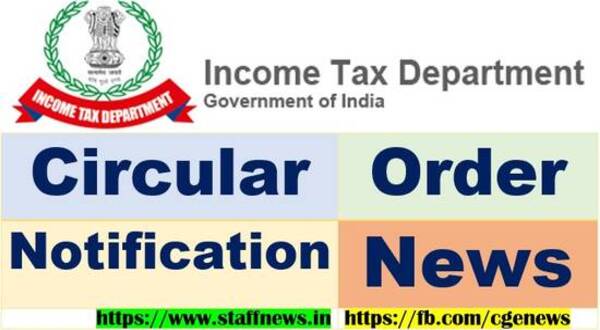Understanding Income Tax Notices: A Detailed Overview
An income tax notice is a formal communication issued by tax authorities to taxpayers, whether individuals or organizations, concerning their tax affairs. These notices serve as a tool for the tax department to address various issues such as tax discrepancies, unreported income, or the need for further scrutiny. Understanding these notices is crucial for maintaining compliance and addressing any concerns promptly.
Reasons for Receiving Income Tax Notices
1. Income Discrepancies: Discrepancies between reported income and what is documented by employers or financial institutions can trigger a notice.
2. Unreported Income: Failure to declare all sources of income, including rental income or earnings from side jobs, may lead to a notice for underreporting.
3. Incorrect Deductions: Claiming deductions without proper documentation or eligibility can prompt a notice, such as submitting fake rent receipts for HRA claims.
4. High-Value Transactions: Significant financial transactions, like large cash deposits or property deals, might raise flags and lead to scrutiny.
5. Form 26AS Mismatch: Differences between declared income in tax returns and Form 26AS (a comprehensive tax statement) can result in a notice.
6. Non-Filing or Late Filing: Failure to file tax returns on time or at all can lead to notices prompting for submission.
7. Random Scrutiny: Tax returns are randomly selected for detailed examination to ensure compliance with tax laws.
8. Foreign Income and Assets: Failure to disclose foreign income or assets as per tax laws can result in notices.
9. Undisclosed Gifts or Loans: Large gifts or loans not reported can attract attention from tax authorities.
10. Ignoring Previous Notices: Not responding adequately to previous notices can escalate to more serious follow-up actions.
Types of Income Tax Notices
- Intimation Under Section 143(1): Communicates the outcome of the assessment after processing the income tax return, indicating tax dues or refunds.
- Notice Under Section 142(1): Requests further information/documents if filed or prompts for filing if not done so, with penalties for non-compliance.
- Notice Under Section 148: Initiates income escaping assessment if there’s reason to believe income has been underreported.
- Notice Under Section 139(9): Issued for defective returns, allowing taxpayers to rectify errors within a specified timeframe.
- Notice Under Section 143(2): Signals scrutiny of tax returns to verify income declarations, tax payments, and loss claims.
- Notice Under Section 156 (Demand Notice): Demands payment for outstanding tax dues, penalties, or fines.
- Notice Under Section 245: Adjusts current year refunds against unpaid taxes from previous years, with a response window for the taxpayer.
Addressing Income Tax Notices Effectively
Responding to income tax notices requires a structured approach to ensure compliance and minimize potential penalties:
- Review the Notice: Understand the reason for the notice and the specific issues highlighted.
- Gather Documentation: Compile all necessary documents such as tax returns, Form 16, Form 26AS, investment proofs, and bank statements.
- Meet Deadlines: Respond within the stipulated timeframe to avoid further complications.
- Provide Evidence: Submit supporting documents that substantiate your claims.
- Consult Professionals: Seek advice from tax professionals if the notice is complex or unclear.
- Monitor Responses: Stay vigilant for follow-up communications and ensure all actions are acknowledged.
Enhanced Scrutiny on False Deduction Claims
Recent developments highlight increased scrutiny on deductions like HRA and LTA, with AI technologies detecting fraudulent claims. Taxpayers should ensure authenticity of supporting documents to avoid penalties.
How to Avoid Penalties and Notices
To prevent penalties and unwanted notices:
- File Timely Returns: Submit returns within deadlines or file a belated return promptly.
- Verify Form 26AS: Cross-check details in your return with Form 26AS to avoid discrepancies.
- Organize Documentation: Maintain systematic records of financial transactions and relevant receipts.
- Seek Professional Help: Consult tax professionals for guidance on complex tax matters.
- Respond Promptly: Address all communications from tax authorities promptly to avoid penalties.
Understanding income tax notices and responding appropriately is crucial for taxpayers to ensure compliance with tax regulations and avoid potential penalties. By following these guidelines, taxpayers can manage tax affairs effectively and minimize risks associated with non-compliance.

COMMENTS